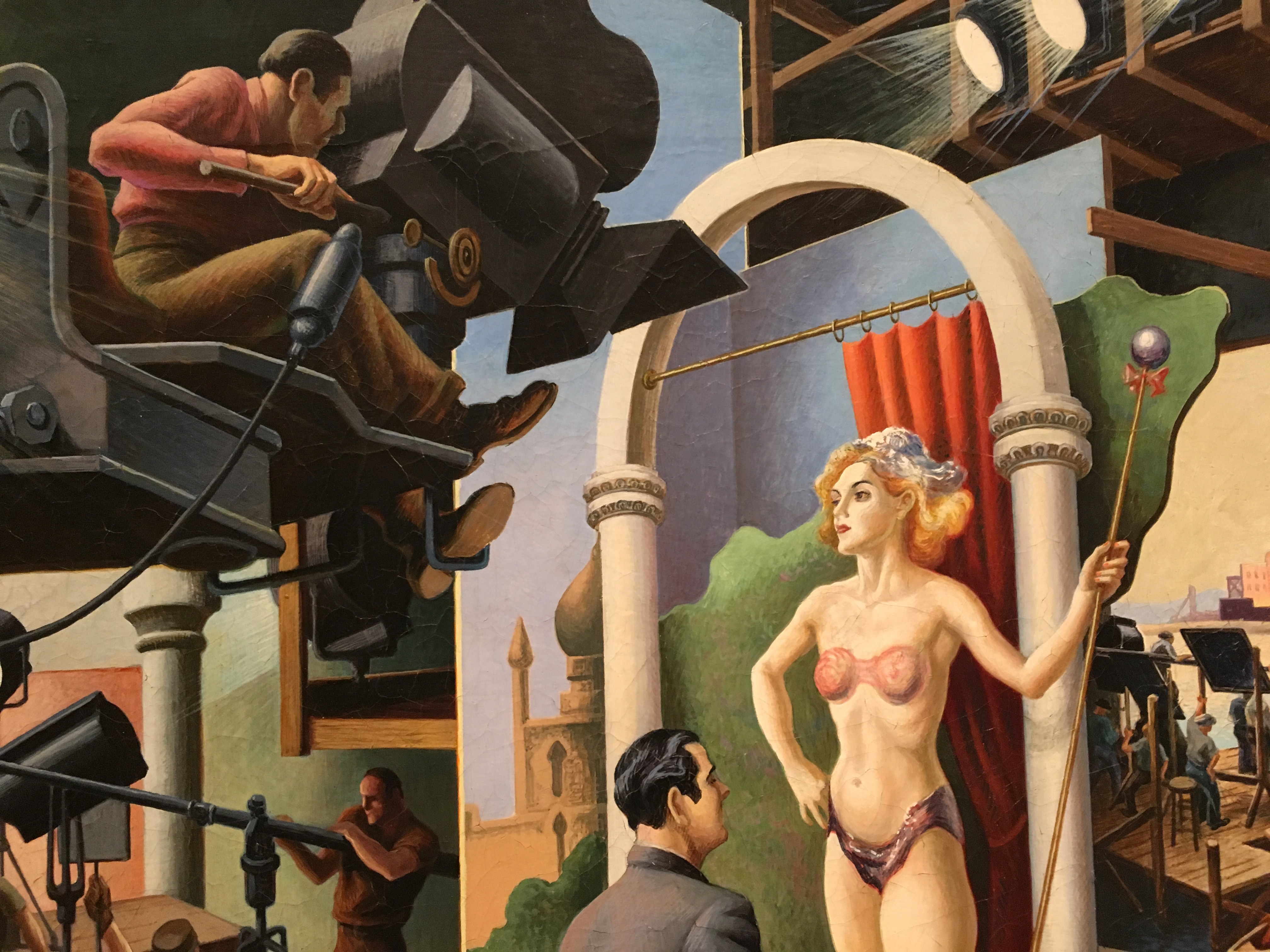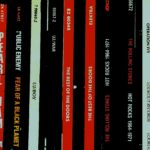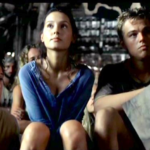1) Genre stories help us escape the narratives of our humdrum lives
Skilled genre writers know that a certain level of artificiality must prevail, lest the reasons we turn to their books evaporate. It’s plot we want and plenty of it. Heroes should go up against villains (sympathetic or hateful); love should, if possible, win out; and a satisfying sense of closure and comeuppance should top off the experience. Basically, a guilty pleasure is a fix in the form of a story, a narrative cocktail that helps us temporarily forget the narratives of our own humdrum lives. And, for not a few readers, there’s the addition kick of feeling that they’re getting away with something.
—Arthur Krystal, “Easy Writers,” The New Yorker, May 28, 2012
2) Genre draws out the writer’s imagination
Genre convention is a Creative Limitation that forces the writer’s imagination to rise to the occasion. Rather than deny convention and flatten the story, the fine writer calls on conventions like old friends, knowing that in the struggle to fulfill them in a unique way, he may find inspiration for the scene that will lift his story above the ordinary. With mastery of genre we can guide audiences through rich, creative variations on convention to reshape and exceed expectations by giving the audience not only what it had hoped for but, if we’re very good, more than it could have imagined.
—Robert McKee, Story (1997)
3) Many “literary” books have genre elements to them
As far as I’m concerned, genre was created by bookstores so that people who were casual readers could say, “Well, I want to read romances.” “Well, right over there, that’s where romances are.” But if you go over there, you’re going to find Harlequin this and Harlequin that, and maybe you’re going to find Fifty Shades of Grey or whatever the newest series of whatever erotic romantic fiction is. But what you’re not going to find is Rebecca, you’re not going to find The Time Traveler’s Wife, you’re not going to find One Hundred Years of Solitude. All of those things have genre elements to them, and my fiction has genre elements.
—Stephen King, LA Review of Books, October 25, 2015
4) Some of the best narrative structure is found in genre writing
Read good detective fiction. I don’t think anybody does narrative structure better than good detective writers.
—David Halberstam, from Telling True Stories (2007)
5) Art is not the same thing as cerebration
The existence of good bad literature — the fact that one can be amused or excited or even moved by a book that one’s intellect simply refuses to take seriously — is a reminder that art is not the same thing as cerebration. I imagine that by any test that could be devised, Carlyle would be found to be a more intelligent man than Trollope. Yet Trollope has remained readable and Carlyle has not: with all his cleverness he had not even the wit to write in plain straightforward English. In novelists, almost as much as in poets, the connection between intelligence and creative power is hard to establish. A good novelist may be a prodigy of self-discipline like Flaubert, or he may be an intellectual sprawl like Dickens.
—George Orwell, “Good Bad Books,” Tribune, November 2, 1945
6) The “literary” versus “genre” distinction doesn’t really matter
Literary fiction highlights exquisite sentences, glowing metaphors, subterranean themes, fully realized characters. And genre fiction excels at raising the most important question: what happens next? What happens next? is why most people read. It’s what made us fall in love with books and made some of us hope to write one of our own some day, though we may have forgotten that if we’ve fallen under the indulgent spell of our pretty sentences. Toss out the worst elements of genre and literary fiction—and merge the best. We might then create a new taxonomy, so that when you walk into the bookstore, the stock is divided according to “Stories that suck” and “Stories that will make your mind and heart explode with their goodness.”
—Benjamin Percy, Thrill Me (2016)





